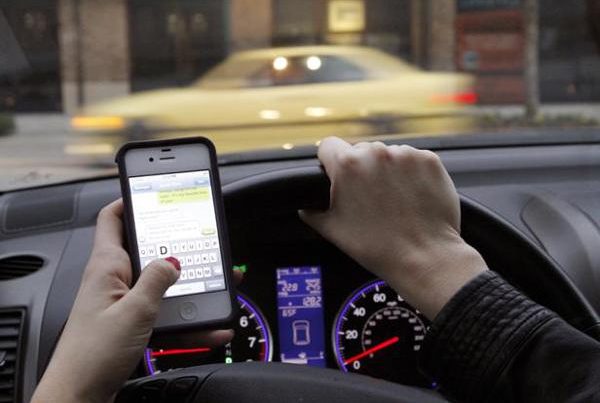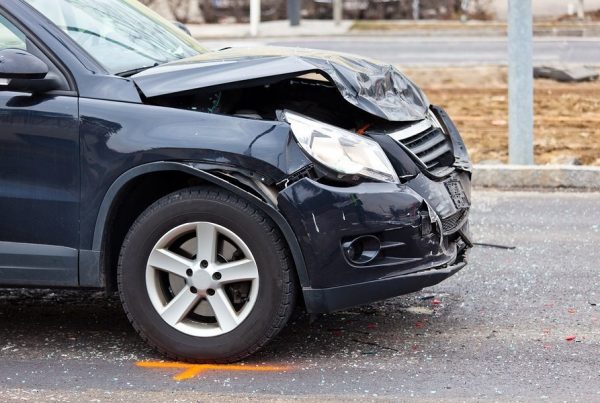The modern world is a dynamically developing system in which each of us occupies a certain place. To be a successful and sought-after representative in our professional and personal life, we need to constantly develop and improve our skills. Without the skills and abilities of critical reflection, this is impossible.
Teachers often assign students to include critical reflection in their papers. This makes most ask for the professional essay writing help from CustomWritings.com experts because it isn’t an easy task to do without extra help.
What Does It Mean to Think Critically?
Critical reflection is based on the rules of formal logic, theory and practice of argumentation, rhetoric and scientific epistemology (a branch of philosophy that deals with tools and limitations of cognitive activity). One of the prominent theorists in this field was Karl Popper, who considered critical reflection the foundation of all rationality. Knowledge, according to Popper, does not exist without the practice of putting forward hypotheses, substantiating or refuting them.
The Formation of Critical Reflection Skills in College
The formation of critical reflection skills and abilities is ongoing, but a special role should be given to this process when a person is at the stage of becoming an individual, forming a life position, and gaining knowledge. A large role in the process of mastering the skills of critical reflection is currently played by all educational organizations, and, of course, the university is not the least in this series. It is at the stage of a college education when students move to a new stage of their development, the ability to think critically is actively formed.
According to the researcher D. Halpern, “prospective education should be based on two inseparable principles: the ability to quickly navigate the rapidly growing flow of information and find the right one and the ability to comprehend and apply the information received”. One cannot but agree with the above statement since the modern system of higher education and the entire educational process have undergone significant changes.
And if the teacher used to be the leader in the classroom, being the source of basic information, the coordinator of student actions, now, in connection with the transition to the undergraduate system, students are given greater freedom of action in choosing study guides, searching for information and the ways how to process it. And it is in this situation that one needs to possess critical reflection skills, which implies a “thoughtful attitude to what is happening”.
How Important Is It to Have Critical Reflection Skills for a Student?
A student who knows how to think critically has a variety of ways of interpreting and evaluating an informational message, is able to highlight contradictions and types of structures present in the text, to argue his point of view, relying not only on logic (which is important) but also on the interlocutor’s ideas. Such a student feels confident in working with various types of information, and can effectively use a wide variety of resources.
At the level of values, a critically thinking student knows how to effectively interact with information spaces, fundamentally accepting the multipolarity of the world around, the possibility of the coexistence of various points of view within the framework of universal values. A critically thinking person finds his/her own solution to the problem and reinforces this solution with reasonable, reasonable arguments. He/she also realizes that other solutions to the same problem are possible, and tries to prove that the solution he chooses is more logical and rational than others.
What Is True and False Criticism?
The basic structure of any argument is given by the following model: things are X and the reason why things are such is Y. There is something that they are trying to prove to us, and there is something with which it is done. To treat material critically means to learn to separate one from the other and to be attentive to their ratio. Is it possible to draw other conclusions based on the same data? To what extent do the arguments justify the author’s conclusion?
Rejecting someone else’s inference simply because we don’t like it does not mean to be critical of it. It means simply not understanding its essence. Sometimes even the most intelligent and enlightened people are tempted to look at things simplistically. Another mistake that often underlies our false conclusions is the myth of “right answers.” Many questions really have the only relatively accurate answer.
For example, there is no need to discuss what the distance to the moon is – you can simply find out in the directory. But most of the questions require reflection, and the answers to them can be very different. Therefore, it is not enough just to make inquiries in an authoritative source: you need to evaluate how convincingly the given data are justified and try to build your own chain of reasoning.






buy fluconazole cheap – buy diflucan 200mg diflucan generic